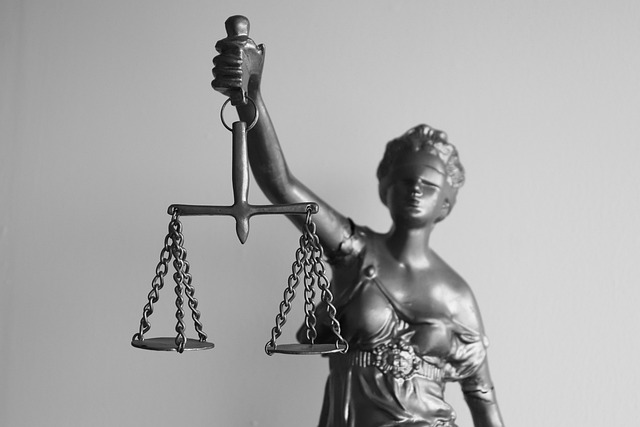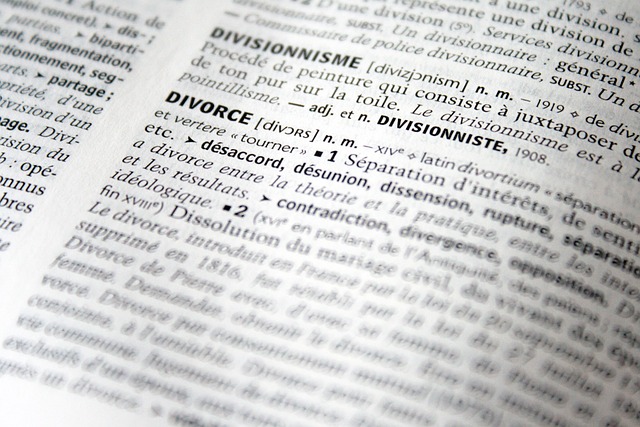Public corruption charges against government officials involve bribery, fund misuse, and illicit activities with severe legal repercussions. The Settlement Process for Employment Law Cases related to corruption is a collaborative resolution preferred over trial, saving costs and time while preserving relationships. Legal professionals negotiate settlements, balancing justice and deterrence. This process includes mediation, thorough evidence gathering, strategic negotiations, and meticulous agreement reviews. High-profile cases demonstrate the effectiveness of settlements in promoting accountability and organizational reforms.
“Unraveling the intricate web of public corruption charges: a comprehensive guide. This article offers an insightful exploration of a critical aspect of governance and justice. We delve into ‘Understanding Public Corruption Charges’—uncovering definitions, legal implications, and the unique challenges they present. Furthermore, we dissect the pivotal ‘Settlement Process’, revealing the steps towards resolution, especially in employment law cases. Explore the essential role of legal professionals, strategic advocacy techniques, and gain insights from notable historical agreements.”
- Understanding Public Corruption Charges: Definition and Legal Implications
- The Settlement Process: Steps Involved in Reaching an Agreement
- Role of Legal Professionals in Negotiating Settlements
- Common Challenges and Strategies for Effective Advocacy
- Case Studies: Notable Settlement Agreements in Recent History
Understanding Public Corruption Charges: Definition and Legal Implications

Public Corruption Charges refer to instances where individuals in positions of public trust or authority abuse their power for personal gain. This can include accepting bribes, misusing public funds, or engaging in other illicit activities that compromise the integrity of government institutions. These charges carry significant legal implications, as they often involve complex investigations and strict penalties, including imprisonment and heavy fines.
Understanding these charges is crucial for anyone involved in political or governmental sectors. The settlement process for employment law cases related to corruption can vary greatly, but achieving extraordinary results often depends on proactive disclosure, cooperation with authorities, and a robust defense strategy. By exposing and addressing corruption, societies can ensure transparency and accountability—key factors in fostering trust across the country. Avoiding indictment is a primary goal for those facing such charges, underscoring the importance of ethical conduct and robust legal representation.
The Settlement Process: Steps Involved in Reaching an Agreement

The Settlement Process for Employment Law Cases involves a series of steps designed to reach a mutually agreeable resolution between the plaintiff and defendant without proceeding to trial. This collaborative approach is increasingly common, as it offers numerous benefits, including cost savings, time efficiency, and preservation of relationships. The initial stage involves both parties expressing their positions and interests, followed by extensive negotiations where attorneys discuss potential solutions.
These discussions often lead to a draft settlement agreement that outlines the terms and conditions acceptable to both sides. Once an agreed-upon framework is established, legal teams meticulously review the details to ensure they meet the respective business’s needs while adhering to legal standards. This meticulous process is crucial in avoiding indictment and ensuring the final agreement stands up to scrutiny across the country.
Role of Legal Professionals in Negotiating Settlements

Legal professionals play a pivotal role in negotiating settlements for public corruption cases, especially in the context of the settlement process for employment law cases. As white-collar defenses become increasingly common across the country, attorneys skilled in these areas are tasked with finding resolutions that balance justice and deterrence. The settlement process involves complex negotiations where legal experts must consider both the strategic implications for their clients and the broader impact on public integrity.
Effective negotiation strategies often involve mediation, where attorneys facilitate discussions between all parties to reach an agreeable outcome without the need for jury trials. This approach not only reduces legal costs but also fosters a sense of cooperation and understanding. In many cases, settlements can lead to significant reforms in organizational practices, ensuring that similar misconduct does not recur, thereby strengthening public trust and accountability.
Common Challenges and Strategies for Effective Advocacy

Navigating public corruption cases presents unique challenges for advocates. Beyond the complexities of legal procedures, factors like political sensitivity and high-profile nature can pose significant hurdles. One common challenge is gathering robust evidence due to potential cover-ups or the use of illicit means to conceal corrupt activities. Strategies to overcome this include extensive document scrutiny, witness interviews, and leveraging investigative techniques to uncover hidden truths.
For effective advocacy, a strategic approach is crucial. Building a strong case involves meticulous preparation, including thorough research on relevant laws and regulations. Additionally, advocates should focus on crafting compelling narratives that resonate with jurors or decision-makers. The settlement process for employment law cases can offer valuable insights here, emphasizing the importance of understanding opposing arguments and exploring alternative resolutions. Ultimately, achieving extraordinary results in public corruption trials demands a combination of relentless pursuit of justice, innovative legal strategies, and a commitment to winning challenging defense verdicts.
Case Studies: Notable Settlement Agreements in Recent History

In recent years, several high-profile cases have highlighted the significant role settlement agreements play in addressing public corruption. These agreements offer a more expedient and sometimes less contentious alternative to prolonged litigation or an indictment. A notable example is the 2017 settlement between a major tech company and regulatory authorities, where the firm agreed to pay substantial fines and implement sweeping reforms to avoid future charges of insider trading and data privacy violations. This case underscores the importance of a robust settlement process for employment law cases involving corruption—it allows for both accountability and a path forward towards compliance and rehabilitation.
Another compelling instance is the 2020 agreement reached with a global banking institution, accused of money laundering and fraud. The settlement not only involved significant monetary compensation but also mandated structural changes to enhance internal controls and corporate governance. This dual approach—financially punitive and reform-oriented—has proven effective in avoiding indictment while achieving extraordinary results in terms of deterrence and accountability. Such cases demonstrate that a well-managed settlement process can serve as a powerful tool in combating public corruption, benefiting both corporate and individual clients alike.
The complex landscape of public corruption charges demands a nuanced understanding, from defining legal implications to negotiating settlements. This article has explored these aspects through discussions on the settlement process, the role of legal professionals, common challenges, and notable case studies. By delving into these topics, we aim to provide valuable insights for effective advocacy in employment law cases involving public corruption, ultimately emphasizing the Settlement Process for Employment Law Cases as a crucial element in achieving just resolutions.






